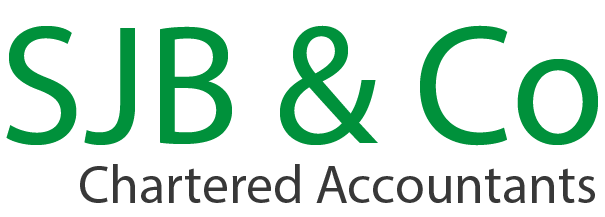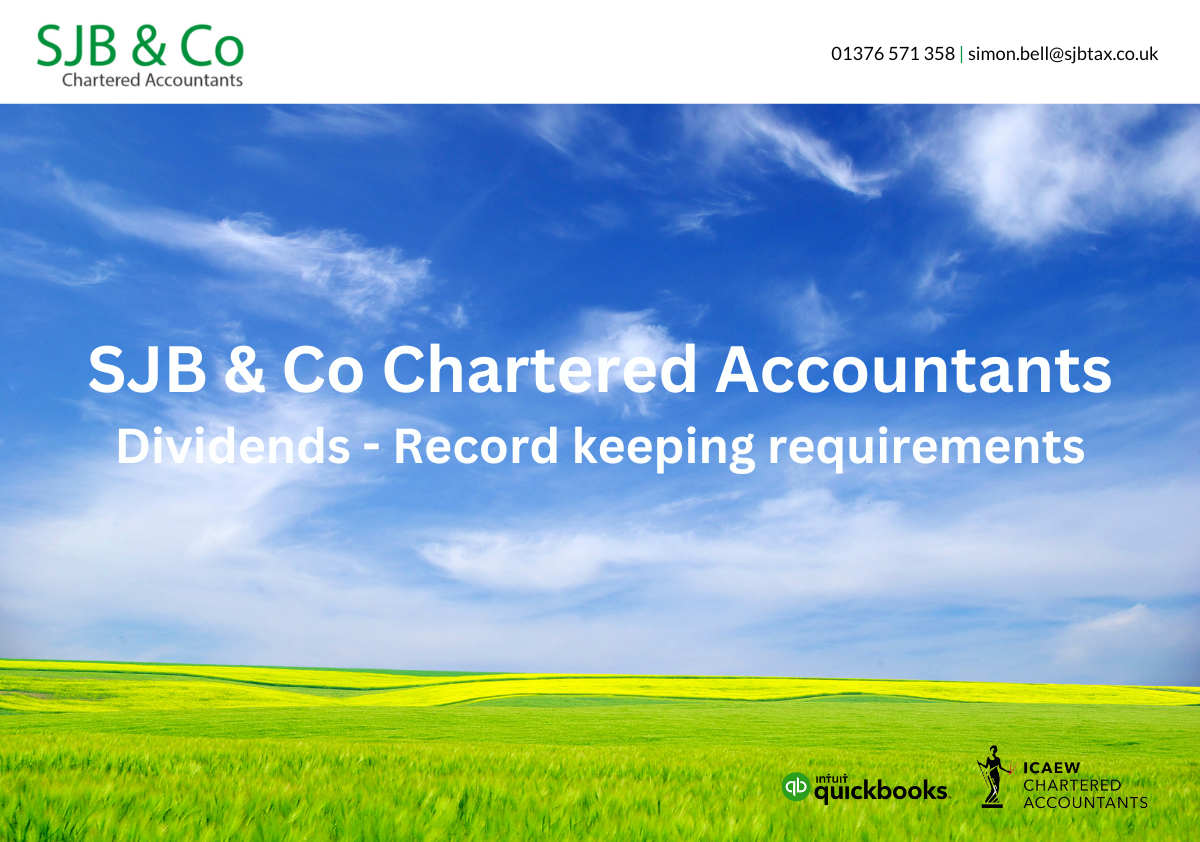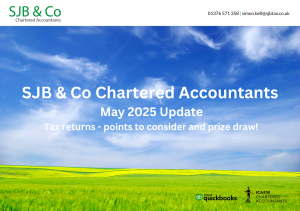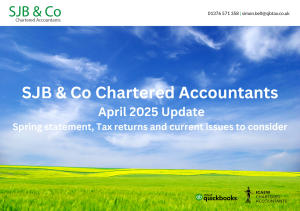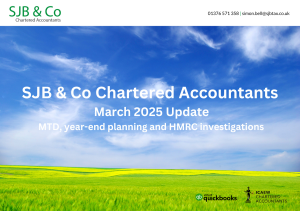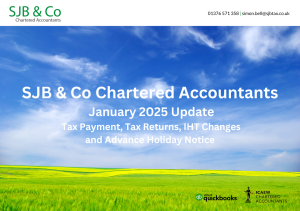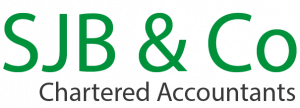| Dividends – Record keeping requirements |
A dividend is a distribution made from a company’s retained profits. The dividend must be properly declared. Dividend payments to shareholders must be accompanied by a dividend voucher.
Key dates
The effective date of payment of a dividend is the date that the dividend becomes unconditional.
This note explains the record-keeping requirements in relation to dividends.
Dividend paid from retained profits
A dividend is a distribution of a company’s profits to its shareholders. A dividend can only be paid if the company has sufficient retained profits from which the pay the dividend. Before paying a dividend, the directors will need to consider the financial position of the company. The starting point will usually be the last set of accounts. However, consideration should be given as to whether the financial position has changed since then, and particularly whether it has deteriorated. Where management accounts are used to provide a snapshot of the current position, it will be necessary to make an adjustment for the tax due on the profits. Alternatively, interim accounts can be prepared.
If a company pays a dividend when it does not have sufficient profits to cover that dividend, the dividend will be illegal (ultra vires).
Interim and final dividends
There are two types of dividend – interim dividends and final dividends.
Interim dividends are those paid throughout the year. For example, these may be paid quarterly or monthly. Personal and family companies will often pay interim dividends to enable them to extract profits from the company to meet their living expenses.
A final dividend is paid annually after the end of the year.
Declaring dividends
The process for declaring a dividend will be set out in the company’s articles of association. Where the company has adopted the Model Articles, they should follow the procedure for declaring a dividend as set out in Article 30.
A final dividend must be declared by an ordinary resolution. The directors must recommend the amount of the dividend and this must be approved by the shareholders at a general meeting or by written resolution. A final dividend will normally be approved at the annual general meeting. The dividend declared cannot exceed the amount recommended by the directors.
By contrast, the directors can make the decision to pay an interim dividend.
Board minutes
If a meeting has taken place, minutes should be prepared. The minutes should contain:
- The name of the company.
- The date that the dividend was approved.
- The name of the director(s).
- The company’s address.
The minutes should set out the amount of the dividend (per share), the type of shares in respect of which it is being paid, the date it is being paid and the date on which shareholders need to be registered at Companies House in order to be eligible to receive the dividend.
The following wording can be used.
‘It was resolved that an interim dividend of [amount per share] per [class and type of share] on [date] be paid to shareholders registered with Companies House on [date].’
The directors propose a final dividend of [amount per share] per [class and type of share] for the year to [company’s year end] to be paid to shareholders registered at Companies House on [date]
Dividend voucher
Shareholder must be given a dividend voucher each time that a dividend is paid to them. The dividend voucher is essentially a receipt. The dividend voucher should contain the following information:
- The name and address of the shareholder receiving the dividend.
- The company’s name, registered office and registration number.
- The date of issue.
- The amount of the dividend paid.
- The signature of the company director(s) or a company officer.
A sample dividend voucher is shown below.
Company Name
Dividend voucher number
Shareholder’s name
Shareholder’s address
[Interim/Final] dividend on [Class of share]
|
Dividend reference |
Dividend per share |
Paid to registered shareholders on |
Date of payment |
Holding |
Divided [aid |
|
|
|
[date] |
|
|
|
[Name of company, company number and company’s registered office]
Please feel free to forward this newsletter to any colleagues or friends who may be interested in it.
For more information or to discuss any issues raised above please contact Simon Bell by phone on 01376 571358 or email [email protected]
This article is written in general terms and therefore cannot be relied on to cover specific situations; applications of the principles set out will depend on the particular circumstances involved and it is recommended that you take professional advice before acting or refraining from acting on any material in the newsletter.
